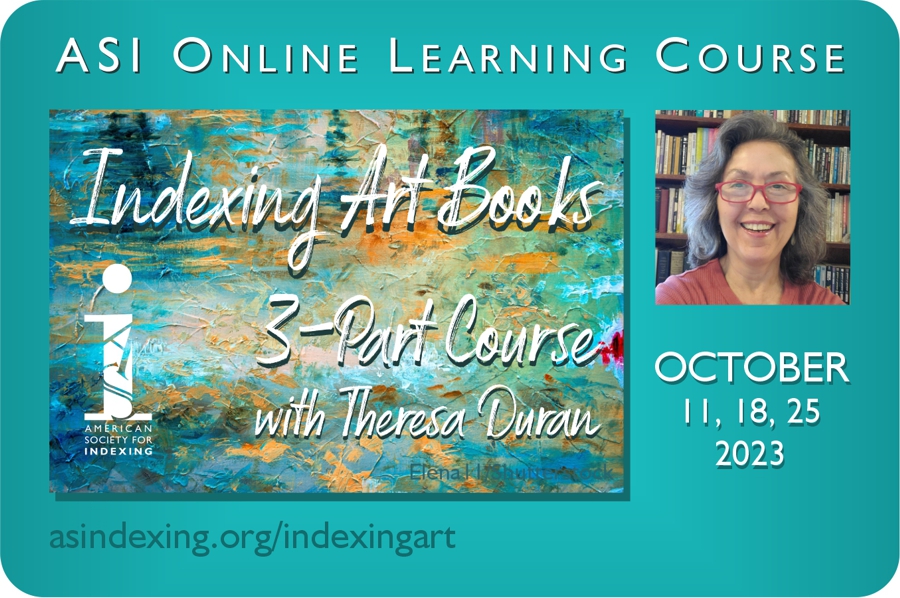The Institute of Certified Indexes (ICI) is pleased to announce that Elizabeth Bartmess has won the 2023 award in this contest for new indexers.
Elizabeth is a San Francisco Bay Area indexer with a background in the social and information sciences. Her formal indexing training includes American Society for Indexing’s Module A and the UC Berkeley’s extension course. She holds an MS in Information, an MS in Psychology, and a Certificate in Culture and Cognition from the University of Michigan, and a BA in Psychology from Rice University. Her previous work experience includes data management and statistical programming, project management, and writing and editing.
She discovered indexing in 2022 while exploring freelance editing as a potential career.
Elizabeth is a member of American Society for Indexing (ASI) and Indexing Society of Canada / Société canadienne d’indexation (ISC/SCI) and serves as the Program Co-Chair and Co-Webmaster for ASI’s Pacific Northwest Chapter.
Her award-winning index can be found in the book “Immanent Critiques: The Frankfurt School Under Pressure” by Martin Jay, published in 2023 by Verso. This book is a collection of essays applying the Frankfurt School’s tradition of immanent critique as established by the philosophers Theodor Adorno, Walter Benjamin, and Max Horkheimer. The focus concerns their analyses of anti-Semitism and Zionism, in addition to Marxist themes: the meaning of alienation, the alleged damages of abstraction, and the advocacy of a politics based on a singular notion of the truth. A very difficult book targeted at scholars already familiar with this School.
The judges found that Elizabeth had met this challenge by setting up a solid structure to her index. Through a network of cross-references she linked the various discussions of the main themes. She also produced accurate and thorough work, all commendable for a new indexer.
Elizabeth was commissioned for this job as a subcontractor of Potomac Indexing, LLC. The managing partner of Potomac, Estalita Slivoskey, wrote that there was no guidance from the publisher and author on how to approach the indexing. She said, “Elizabeth should be very proud of this index, and of winning this award, as she did a wonderful job.”
The submissions in the contest are reviewed anonymously by a panel of three judges. Each indexer receives detailed feedback on the index with examples of areas in which to improve. Entrants who compete come from the UK, US, and Canada, and have completed indexing training in the previous five years.
In addition to a cash award of $100 USD, the winner participates in a Zoom session with the judges to get individualized guidance on indexing techniques and business tips.
This year, 2023, is the tenth and final year of ICI conducting the contest. A list of winners for the ten years can be found on the ICI website: www.certifiedindexers.com.


